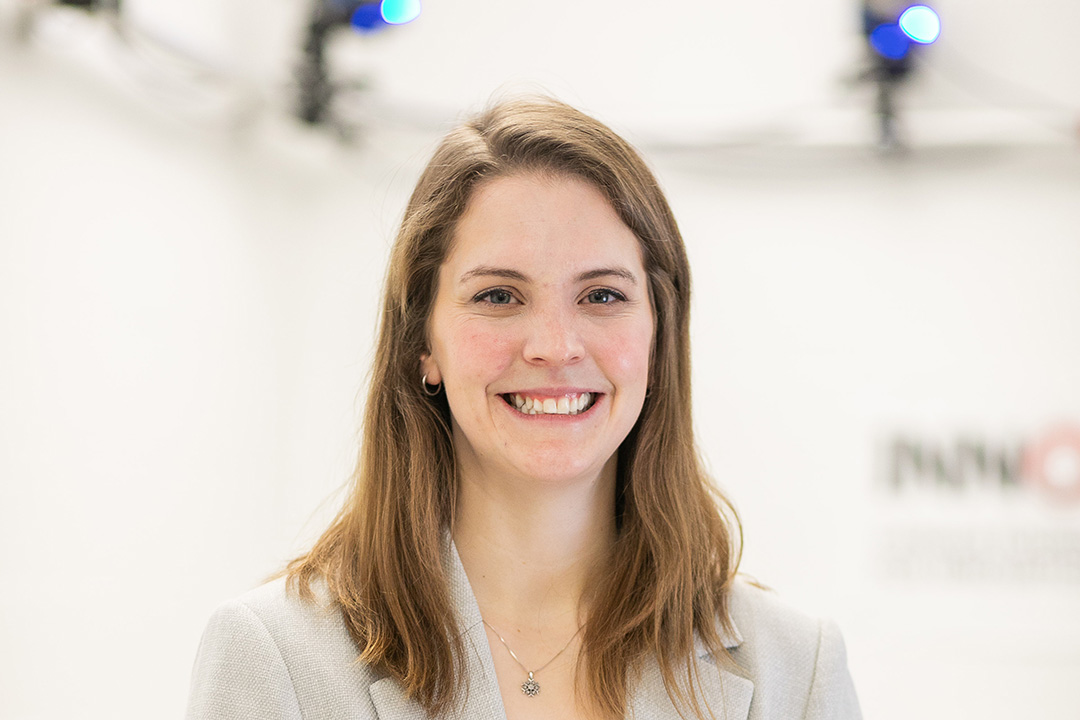
Getting to Know: Dr. Angelica Lang
A Q-and-A with Dr. Angelica Lang (PhD), a Saskatoon-based faculty member at the Canadian Centre for Health and Safety in Agriculture (CCHSA).
Could you provide a short description of your background?
I have a background in kinesiology, with my B.Sc from the University of Saskatchewan (USask) and my M.Sc from University of Waterloo (Biomechanics). I completed my PhD in Health Sciences at the University of Saskatchewan.
What is your area of research?
My research is focused on musculoskeletal health of the upper limb, from both ergonomic and clinical perspectives. Musculoskeletal disorders are one of the leading causes of morbidity in the world, and upper-limb related disorders still need more focused research to understand their etiology and their impact. The goal of my research is to improve musculoskeletal health and quality of life through better understanding of how movement and biomechanics are related to injury, musculoskeletal health, and work.
Could you tell us about your ‘big moments of research’?
I think a lot of my ‘big moments’ can actually be found in the small moments. Some of my favourite moments are in the interactions with participants during the research process; many are enthusiastic about our work and excited that someone is trying to address their problem, and their enthusiasm and stories are so motivating. I also love the quiet moments behind-the-scenes: when you are reviewing literature and have an ‘aha’ moment, or are analyzing data and finally have results, or when you finally get a new technique to work. Big successes are important to celebrate and are motivating, but I find it is the small wins that keep me excited.
Do you have any messages for early-career clinicians on how to get involved in research? Or any messages for junior researchers?
I think the best strategy to enhance your contributions to research is to not be afraid to start small. Building a research program takes time, and planning some incremental, progressive research will set you up for success. Also, reach out to your colleagues and mentors! Everyone in the Department of Medicine is happy to help, in my experience, and you can learn a lot from a strong group of mentors. And finally, I think new researchers need to remember to not doubt themselves. Your ideas are worthwhile and important!
What are your future aspirations for research?
This is hard to capture in a short answer! I hope in the future I can build a research program that supports trainees and collaborators and is able to make a meaningful difference to people by improving our understanding of how upper limb injuries happen and how we can better address and prevent them.
